This is considered an important step forward, creating conditions for graduate students to feel secure in studying and pursuing the path of in-depth research.
Increasing the attractiveness of doctoral training
Prof. Dr. Nguyen Tien Thao - Director of the Department of Higher Education ( Ministry of Education and Training ) said that this policy aims to improve the quality of doctoral training in the context of increasing demand for highly qualified human resources. According to him, the quality of doctoral training depends not only on the program, the teaching staff or research conditions, but also largely on the time devoted to research and the level of financial support for doctoral students.
“The full scholarship helps graduate students feel secure in their studies and focus on completing their thesis on schedule; at the same time, it contributes to creating competitiveness and attracting international students to study in Vietnam,” emphasized Prof. Dr. Nguyen Tien Thao.
According to statistics from the Ministry of Education and Training, each year, higher education institutions have about 5,000 - 7,000 doctoral training targets, but the actual enrollment rate is only less than 50%. Currently, postgraduate students, including doctoral students, still have to pay tuition fees according to the regulations of each school; the ceiling is set by the Government. For doctoral degrees, tuition fees are 2.5 times that of undergraduate degrees. At non-autonomous institutions, doctoral tuition fees range from 3.8 to nearly 7.8 million VND per month, while the training program usually lasts 4-5 years.
If approved, the full scholarship policy will remove financial barriers - one of the reasons why the PhD quota has not been met for many years - and at the same time contribute to building a team of highly qualified research human resources for the country.
Agreeing with the proposal to provide scholarships, tuition and living expenses support for full-time doctoral students, Mr. Hoang Van Cuong - National Assembly delegate of Hanoi delegation said that this policy will create conditions for doctoral students to focus on studying and researching; thereby forming quality scientific works.
However, according to Mr. Cuong, each doctoral thesis, no matter how well invested, is still just a small, discrete piece of work, not creating a complete scientific product that can be applied immediately. That comes from the lack of a "general engineer" to design the overall research task, separate it into small parts and assign each doctoral student to carry out. Without this division of work and connection, it is difficult for theses to be combined into a large product with practical value.
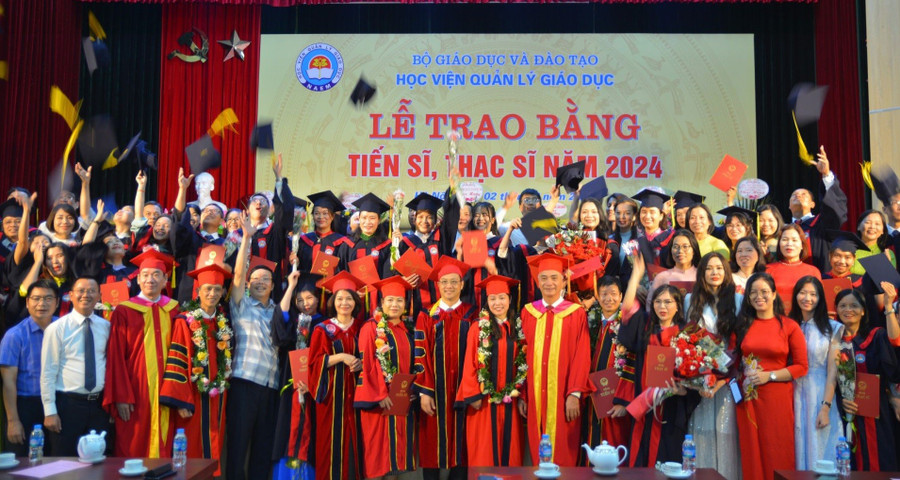
Innovation mechanism to improve thesis quality
Based on that reality, Mr. Cuong proposed that the State not directly fund each PhD student, but fund key research orders for doctoral training institutions. The institutions will be responsible for selecting suitable PhD students to carry out each item in the research task assigned by the State.
Under this mechanism, the research unit pays scholarships and supports tuition fees for graduate students using scientific mission funding, helping to link the training process with practical research requirements, while improving the quality of scientific products after training.
Sharing the same view, Ms. Ly Tiet Hanh - National Assembly delegate of Gia Lai province proposed paying more attention to selecting, assigning tasks and using research topics at doctoral level at home and abroad.
She believes that to complete a research project, graduate students must invest a lot of time, effort and money. These projects actually have certain academic and applied values. If they are not considered as a valuable resource and are not exploited effectively, it will be a great waste of brainpower.
From this perspective, Ms. Hanh expressed her support for the policy of building a national key program on full-time doctoral training, stipulated in Clause 2, Article 5 of the draft Law on Higher Education (amended) on supporting learners and developing highly qualified human resources. She suggested that the Government carefully calculate and design appropriate mechanisms to effectively implement the program.
According to the National Assembly delegate of Gia Lai, the teaching staff is an intellectual force that plays a special role in society, undertaking the mission of "teaching letters and teaching people". When the selection process is carried out seriously, the training process is guaranteed in quality, the position of the teacher will be affirmed and returned to its true value. This is also an important foundation to improve the quality of education, develop people's knowledge and train talents for the country.
From the draft Resolution of the National Assembly to institutionalize Resolution 71-NQ/TW of the Politburo, National Assembly delegate Nguyen Thi Tuyet Nga (Quang Tri delegation) said that the draft has mentioned many outstanding policies, consistent with the spirit of Resolution 71 such as: granting scholarships for doctoral students, investing in digital infrastructure and supporting the development of high-quality human resources.
However, according to delegates, the resolution dossier still lacks “speaking numbers”, has not clarified the resources for implementation, and has not specifically defined the mechanism and roadmap for implementation. These gaps can easily lead to confusion when organizing implementation, especially in the context of many innovative policies on education and training that require large resources and close coordination between ministries and branches.
Delegates expressed their expectations for the new resolution but at the same time worried that if it is not completed from the policy-making stage, the implementation process will encounter many difficulties, even reducing the effectiveness of the major policies set out in Resolution 71.
Currently, graduate students in majors such as psychiatry, pathology, forensic medicine, forensic psychiatry, infectious diseases and emergency resuscitation at public schools are exempt from tuition fees. In addition, some schools have policies to grant scholarships to graduate students, or support expenses through teaching and research assistantships.
Meanwhile, in many countries such as the US, Korea, and Singapore, graduate students are not only exempted from tuition fees but also given scholarships that cover living expenses, completing their thesis, and receiving a salary as a teaching assistant or doing research with their supervisor.
Source: https://giaoducthoidai.vn/ky-vong-dot-pha-trong-dao-tao-tien-si-post758234.html








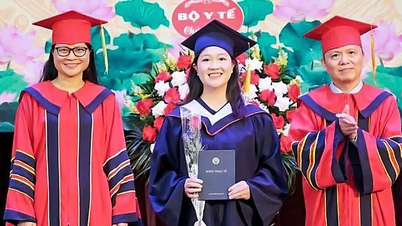

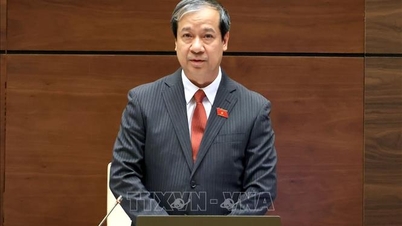

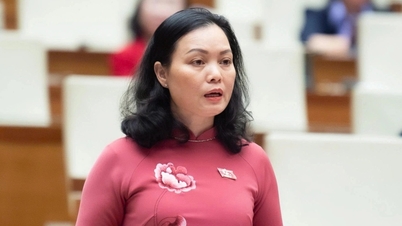

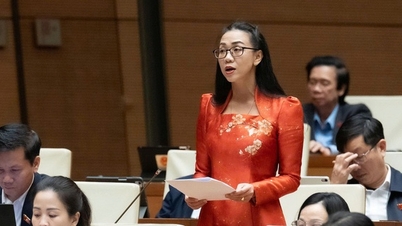

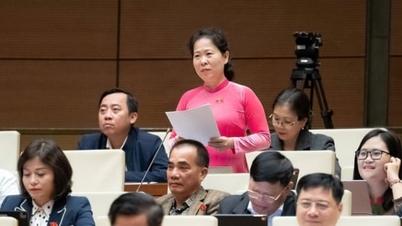

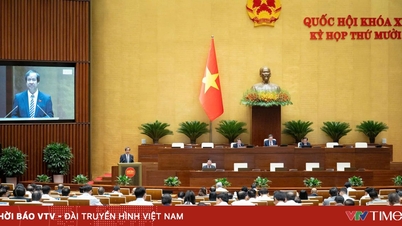

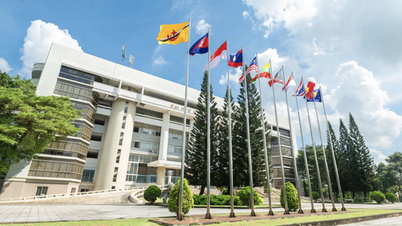

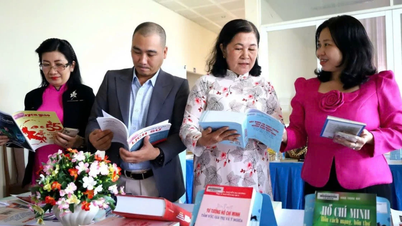
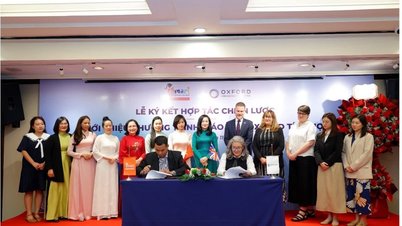

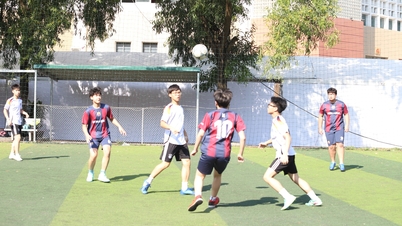








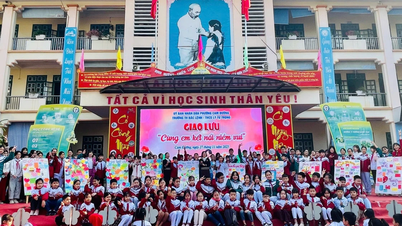
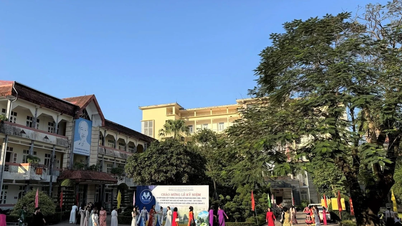
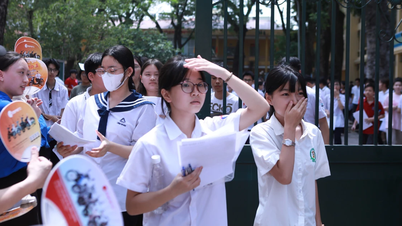
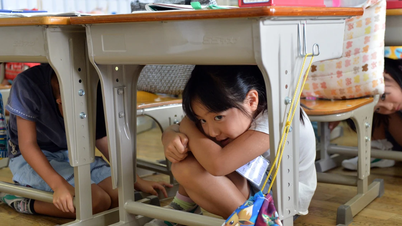
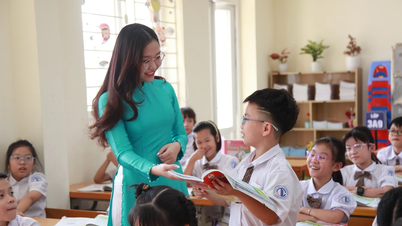



















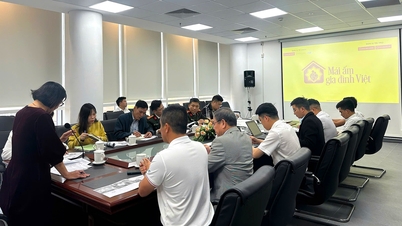



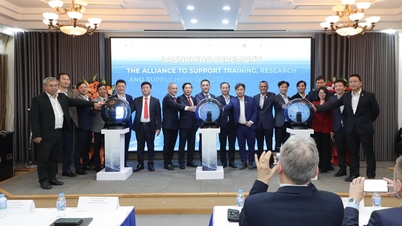



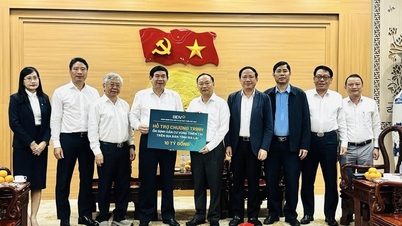











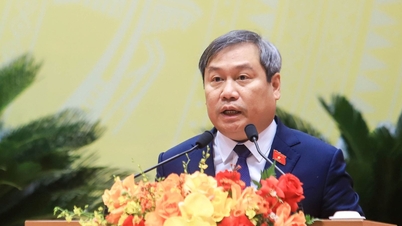
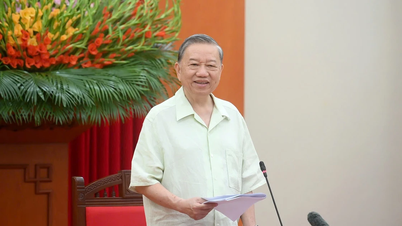

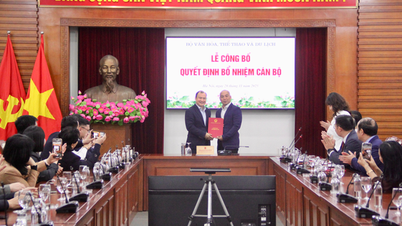

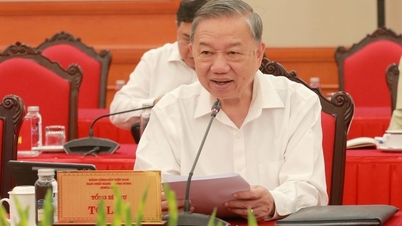


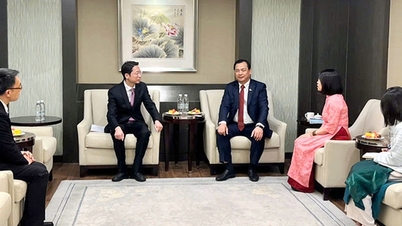
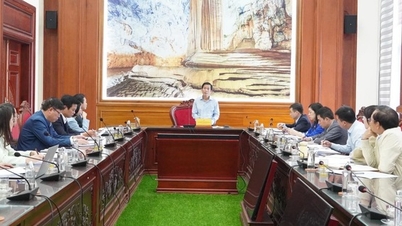
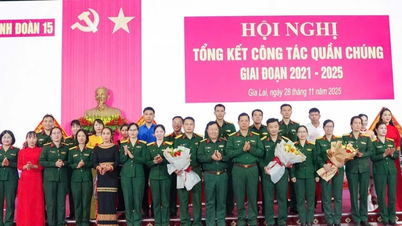



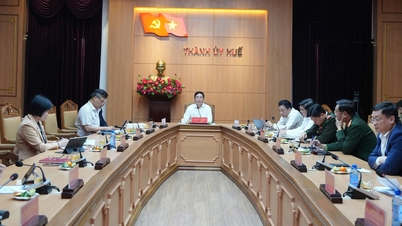

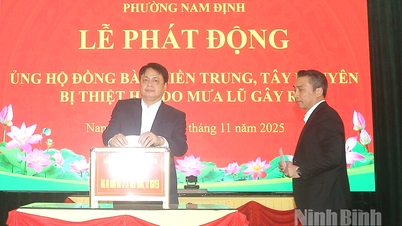



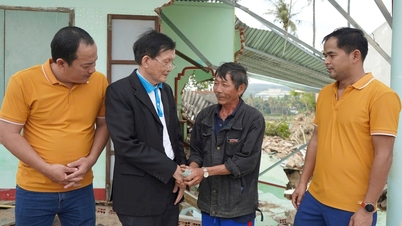












Comment (0)